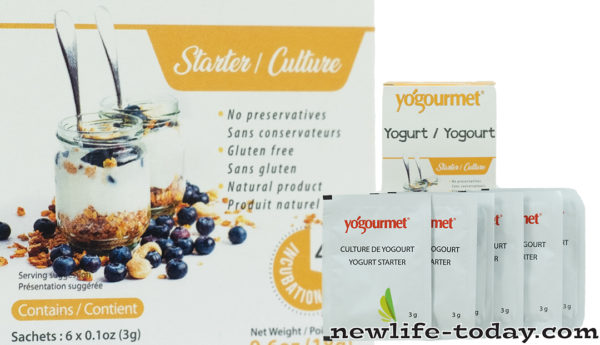Sugar is a type of carbohydrate that is found naturally in many foods, such as fruits and vegetables, and is also added to many processed foods and drinks. It is a sweet-tasting substance that is often used to enhance the flavor of food and drinks.
Chemically, sugar is made up of molecules of carbon, hydrogen, and oxygen, and there are many different types of sugars, including glucose, fructose, sucrose, and lactose.
When we eat foods that contain sugar, our bodies break it down into glucose, which is used as a source of energy for our cells. However, consuming too much sugar can have negative effects on our health, including increasing the risk of obesity, type 2 diabetes, and heart disease.
It is recommended that people limit their intake of added sugars, which are sugars that are added to foods during processing or preparation, and instead focus on consuming natural sources of sugar, such as fruits and vegetables. The American Heart Association recommends that women limit their daily intake of added sugars to 6 teaspoons, or 24 grams, and men limit their intake to 9 teaspoons, or 36 grams.






